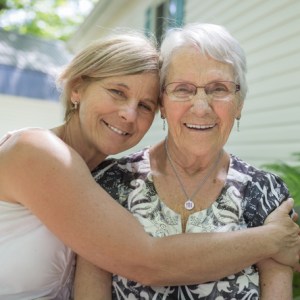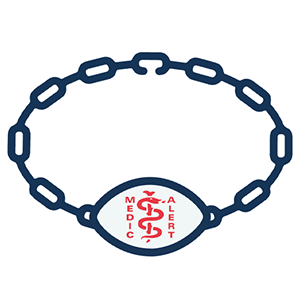
My bracelet and protection plan allows my health information, physicians, and loved ones to be linked to my account. If something were to happen, I find great comfort in knowing that all the right people could be reached.
Sarah A., MedicAlert Member since 1999





